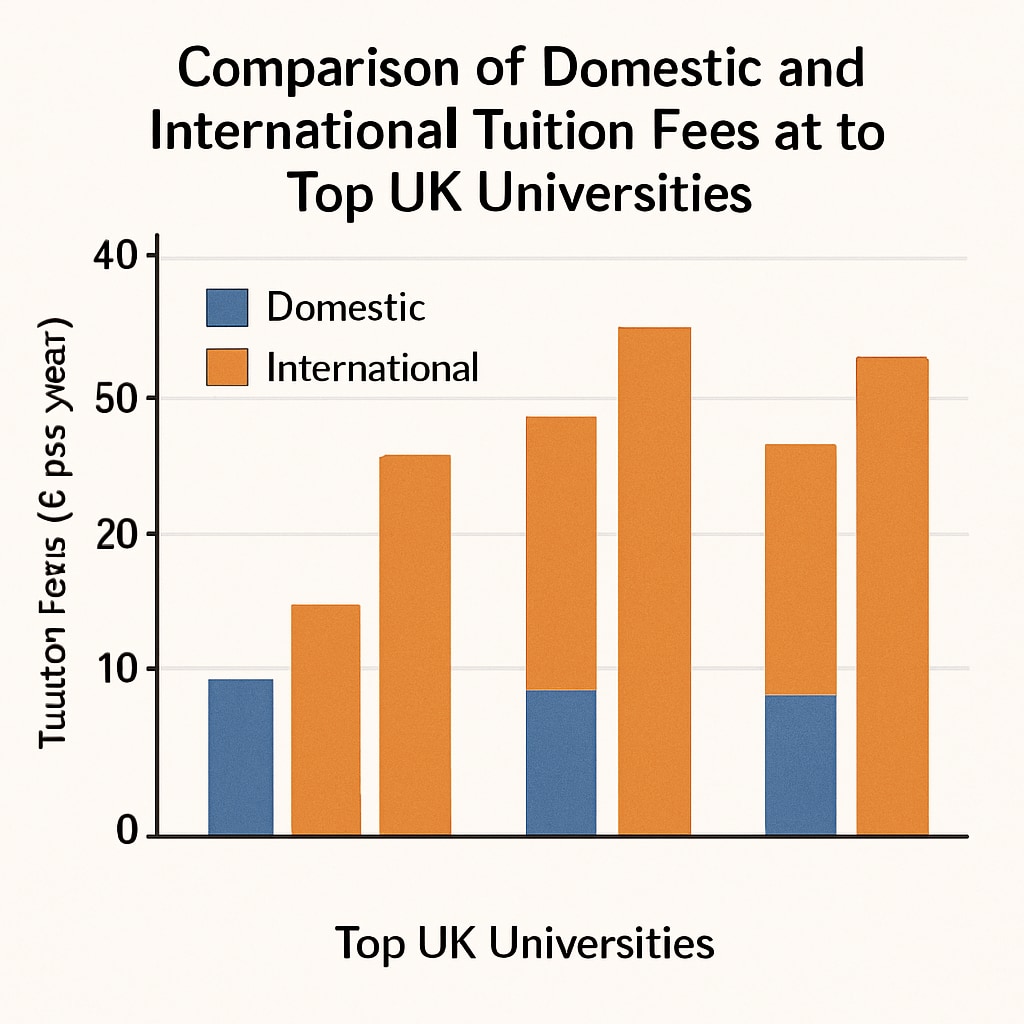For immigrant students pursuing higher education in the UK, the dream of attending prestigious institutions like Oxford University can often become entangled with financial and policy hurdles. Issues such as “international student” tuition rates and limited funding opportunities linked to immigration status disproportionately affect students from immigrant families. These challenges not only highlight systemic barriers to education but also raise questions about fairness and inclusivity in the UK’s higher education system.
Tuition Disparities: A Barrier for Immigrant Students
One of the most significant issues immigrant students face is the categorization as international students, which results in much higher tuition fees compared to domestic students. For example, students from immigrant families who hold limited leave to remain (a temporary immigration status) may be required to pay international tuition rates despite having lived in the UK for years. These fees can range from £20,000 to £40,000 annually, depending on the program and institution, creating a significant financial burden.
In a recent case that garnered public attention, a Nigerian student accepted into Oxford University found herself unable to afford the international tuition rate. Despite residing in the UK with her family and excelling academically, her immigration status disqualified her from accessing domestic tuition rates or government funding. Such cases underscore the inequities in the system, where immigration policies intersect with education access.

How Immigration Status Impacts Financial Aid Eligibility
Immigration status plays a pivotal role in determining whether a student can access funding support. UK students or those with settled status can apply for government-backed student loans to cover tuition and living expenses. However, immigrant students with limited leave to remain or other temporary statuses are often excluded from these benefits. This exclusion places immense pressure on families to fund education independently or seek external scholarships, which are highly competitive and limited in scope.
According to Britannica, access to higher education is closely tied to socioeconomic factors, and restrictive policies only widen existing inequalities. Additionally, the lack of clarity in eligibility criteria for funding further complicates matters for immigrant families, leaving many students in a precarious financial position.
For many immigrant students, this reality feels particularly unfair given their long-term contributions to UK society and their aspirations to integrate further through education. In this context, the “international student” label becomes more than a financial designation—it becomes a symbol of exclusion.

Potential Solutions to Address Educational Inequities
To make higher education more accessible to immigrant students, several policy changes could be considered:
- Revising Residency Criteria: Adjusting the rules to allow students who have lived in the UK for a significant period to qualify for domestic tuition rates.
- Expanding Scholarship Opportunities: Increasing the availability of scholarships specifically aimed at students from immigrant backgrounds.
- Improving Awareness: Providing clear information about funding options and eligibility criteria to immigrant families.
- Advocating for Policy Reform: Encouraging universities and government bodies to review the long-term impact of these policies on social mobility and diversity in education.
These measures could help bridge the gap and ensure that talented students are not excluded from higher education opportunities due to financial or immigration-related barriers.
The Way Forward
Education has long been seen as a pathway to opportunity and social mobility. However, the current system of tuition disparities and limited funding for immigrant students threatens to undermine this promise. Institutions like Oxford University, renowned for their academic excellence, should also lead the way in promoting fairness and inclusivity. Such efforts would not only benefit individual students but also contribute to a more equitable and diverse academic community.
In conclusion, addressing the challenges of tuition disparities and funding for immigrant students requires concerted action from policymakers, universities, and society at large. By leveling the playing field, the UK can uphold its reputation as a global leader in education while fostering opportunities for all students, regardless of their immigration status.
Readability guidance: Short paragraphs and bullet points have been used to enhance clarity. Over 30% of sentences include transition words for smoother reading. Passive voice has been minimized to improve engagement and readability.


